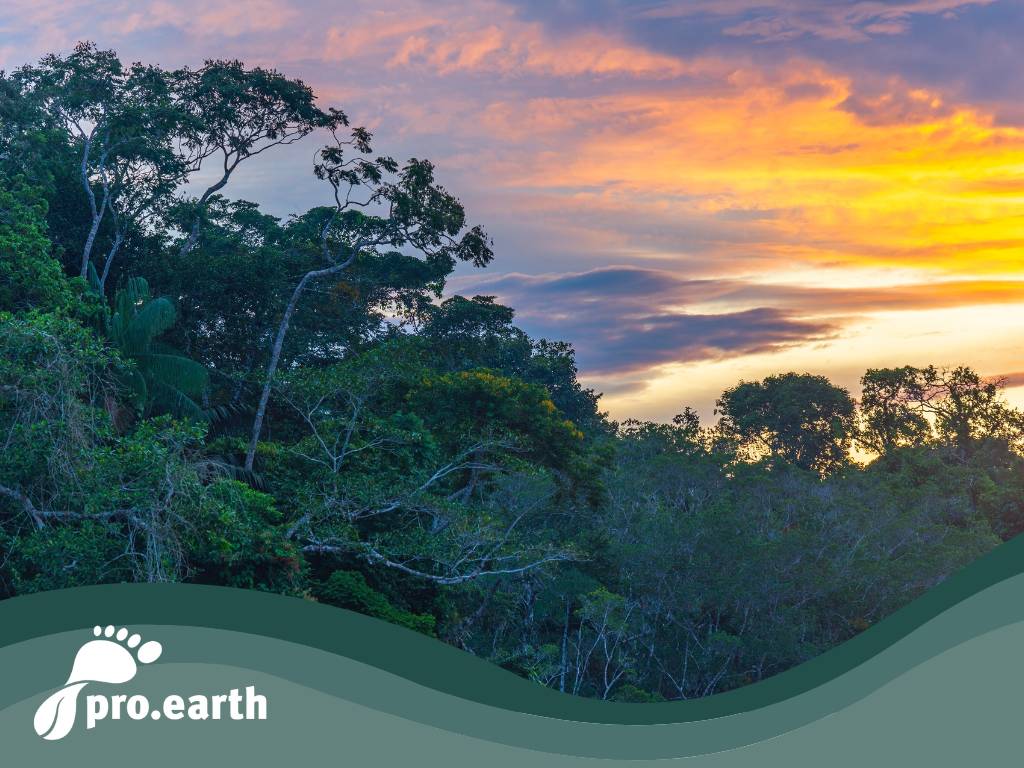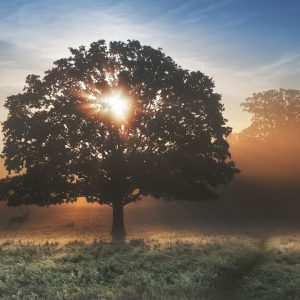Victory for species and climate protection in Ecuador

A referendum has led to the end of oil extraction in Ecuador's Yasuni National Park. After more than ten years of struggle, environmental and human rights organizations, together with the indigenous population, succeeded in holding the referendum this year with the help of the Constitutional Court. And the majority of the population decided in favor of an SI, i.e. a yes to the protection of the Yasuní National Park and the end of oil extraction in one of the world's most biodiverse biosphere reserves.
A total of 59% of the population voted in favor of ending oil production. This result must be implemented by the government within 365 working days, according to the judges of the Constitutional Court. Until then, the wells must be sealed and the production facilities and pipelines dismantled. "This is technically not a problem, there may be delays, but the government and the state-owned extraction company Petroecuador are obliged to do so," says Alberto Acosta, economist, former mining and energy minister and one of the fathers of the Yasuní-ITT initiative from 2007.
This victory sends out an important signal
The Yasuni National Park is home to indigenous peoples who live there in voluntary isolation and is a biodiversity hotspot. On one hectare, 644 tree species were counted. In a 25-hectare area, there were 1,104 different tree species - more than in the whole of Europe.
Protecting this unique landscape and stopping oil production is an important global signal. For the first time, a population has been able to decide on the end of fossil energy production and has spoken out in favor of preserving livelihoods, protecting the indigenous population and the unique flora and fauna.
For many local activists, this marks the end of a difficult struggle, because: "This is the other side of the coin of oil production: anyone who resists is spied on, threatened or even bribed," says Holmer Machoa in an interview with taz, one of the environmental activists from an indigenous tribe in the national park who has been spied on, persecuted and threatened with prison sentences for years.
In the parallel referendum on mining to protect the Chocó Andino (another protected area declared by Unesco), 68% of the population voted against mining projects in the Andes.
These two referendums are not only a vote for environmental protection, but also for a different economic model, said Acosta when the votes were counted on Monday night: "Both referendums are a rejection of the traditional raw material export policy. We must therefore enter into a debate about the economic future of our country - it's about sustainable concepts for the future.
The organization "Save the Rainforest" also sees this as a rebuff to Brazilian President Lula da Silva, whose veto at the Amazon Summit prevented a joint declaration by the eight countries bordering the Amazon region, which had spoken out against new oil projects in the rainforest.
Our pro.earth. Conclusion: First of all, we were amazed that an area where oil is extracted can be designated as a national park. In our world, this was previously a contradiction in terms. The positive outcome of the referendum means that this area will become a genuine protected area. Also for the indigenous people living there. And the oil that is not extracted from the earth corresponds to CO2 that is not emitted, another piece of good news. And now the local people can hopefully live peacefully again after decades of struggle and resistance! A victory all the way!






